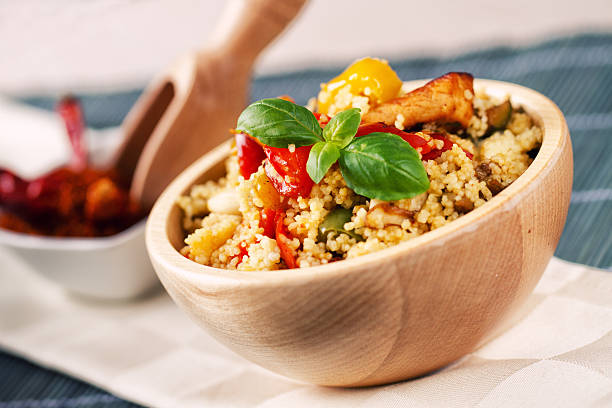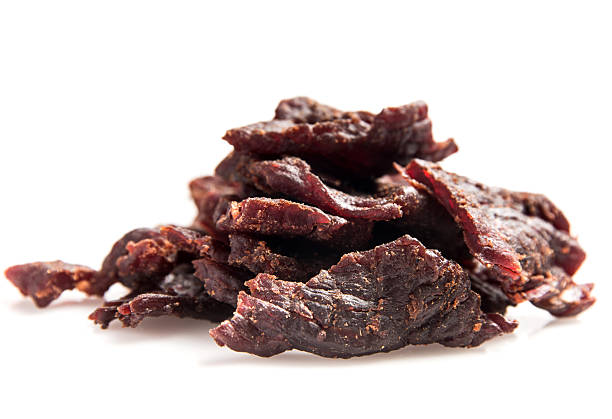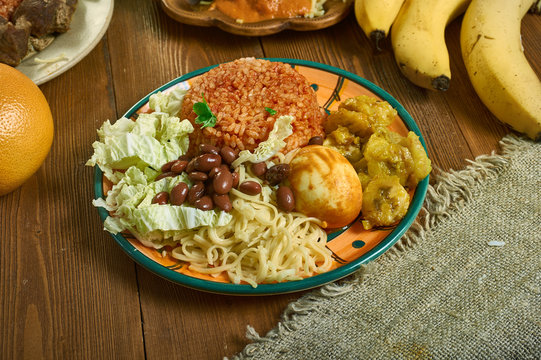Couscous, a staple in North African cuisine, has transcended regional boundaries to become a globally recognized and beloved grain. This tiny pasta, made from crushed and steamed wheat, is not only a culinary delight but also a nutritional powerhouse that offers a range of health benefits.
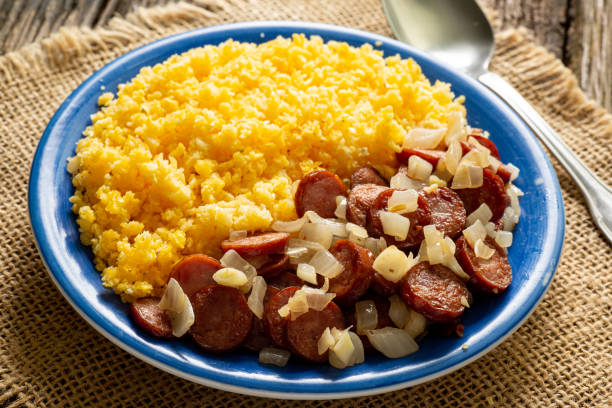
Balanced Macronutrients:
Couscous serves as a rich source of complex carbohydrates, supplying the body with a steady release of energy. Its low fat content makes it an excellent choice for those mindful of their fat intake. Additionally, couscous provides a modest amount of plant-based protein, contributing to overall macronutrient balance.
Fiber-Rich Goodness:
Couscous is a notable source of dietary fiber, both soluble and insoluble. This fiber content supports digestive health by promoting regular bowel movements, preventing constipation, and fostering a healthy gut microbiome. Including couscous in one’s diet contributes to satiety and aids in maintaining a well-functioning digestive system.
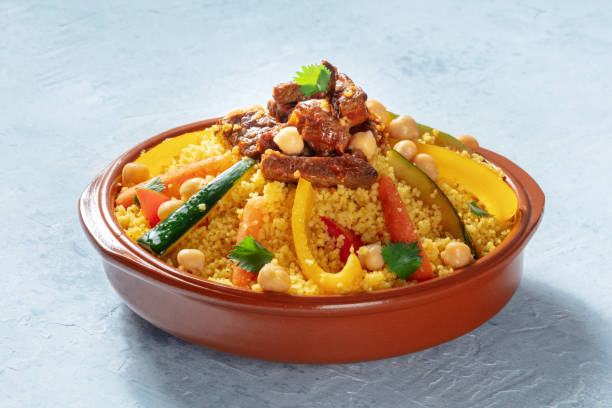
Essential Minerals (Selenium, Phosphorus, and more):
Couscous is rich in essential minerals crucial for various physiological processes. Selenium, with its antioxidant properties, plays a role in immune support and protecting cells from oxidative stress. Phosphorus contributes to bone health, and magnesium is essential for muscle and nerve function. The diverse mineral content in couscous supports overall well-being.
B Vitamins for Metabolic Vitality:
Couscous contributes to the B-vitamin spectrum, featuring vitamins such as thiamine (B1), riboflavin (B2), niacin (B3), and folate. These B vitamins play essential roles in energy metabolism, nervous system function, and the synthesis of DNA. Including couscous in the diet adds to the nutritional diversity that supports metabolic vitality.
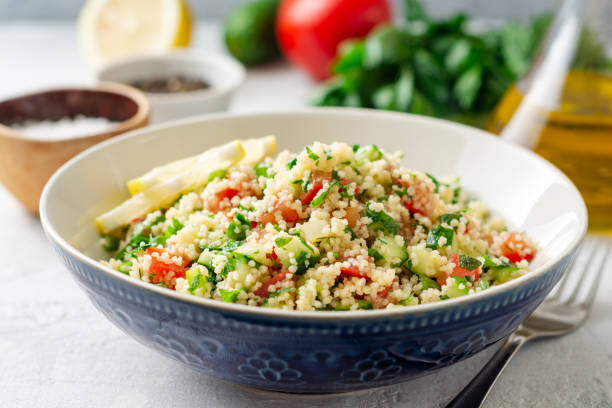
Low Sodium and Cholesterol:
Couscous is naturally low in sodium and cholesterol, making it a heart-friendly grain. A diet low in sodium is associated with better blood pressure management, and the absence of cholesterol aligns couscous with heart-healthy eating patterns.
Gluten-Free Options:
While traditional couscous is made from wheat, there are gluten-free alternatives made from grains such as millet or rice. This expands couscous’s accessibility, allowing individuals with gluten sensitivities or celiac disease to enjoy its nutritional benefits.
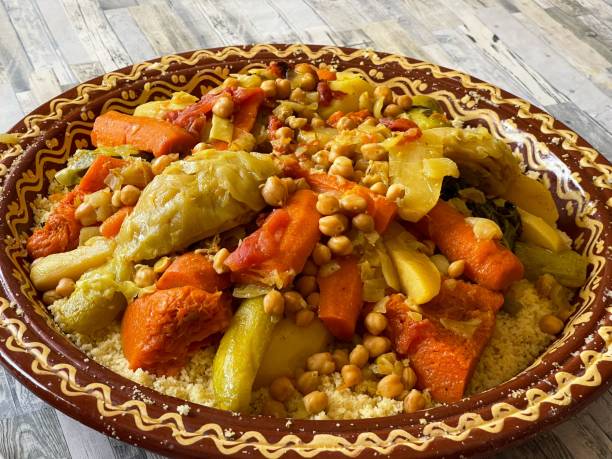
Culinary Versatility and Cultural Significance:
Couscous’s culinary adaptability makes it a versatile ingredient in various dishes. From being a base for stews and tagines to serving as a side dish in salads, couscous seamlessly integrates into diverse culinary traditions. Its cultural significance spans North Africa and beyond, reflecting the historical and social fabric of the regions where it is a dietary staple.
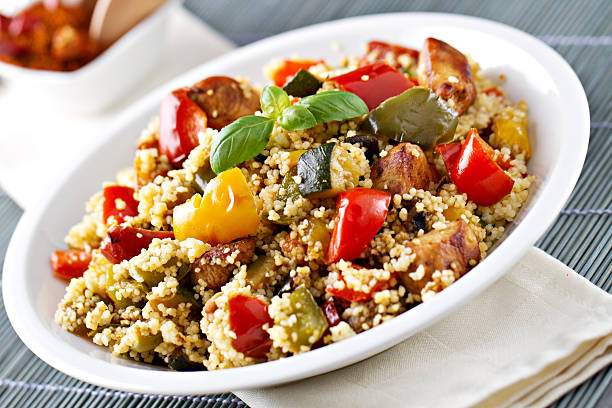
In conclusion, couscous, with its balanced macronutrients, fiber-rich composition, and array of essential minerals and vitamins, stands as a nutritional treasure in the world of grains. As we savor its delicate texture and appreciate its culinary flexibility, we partake in a journey that celebrates not only the delicious taste but also the healthful benefits of couscous. From supporting digestive health to providing essential nutrients, couscous remains a symbol of both culinary versatility and nutritional excellence in the global culinary landscape.

